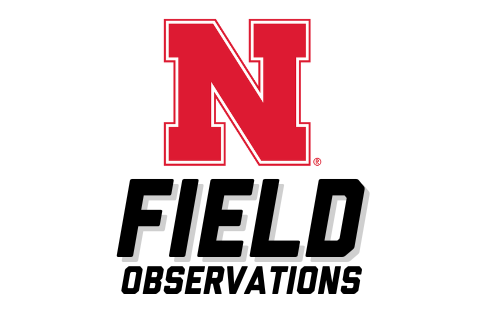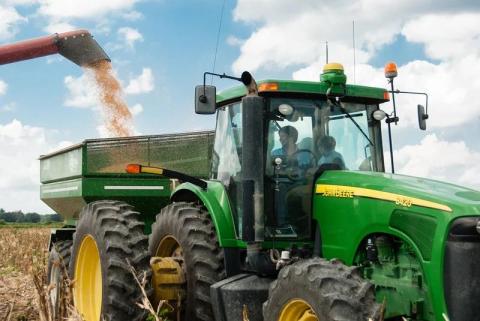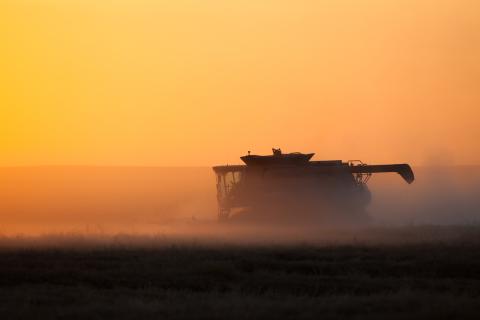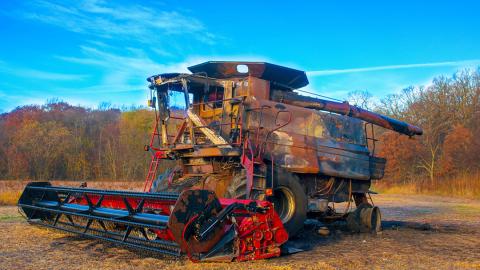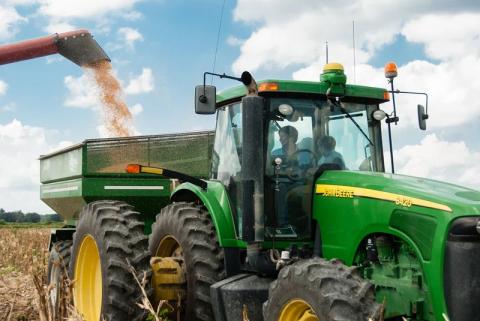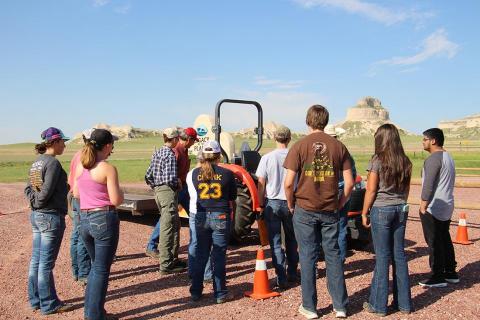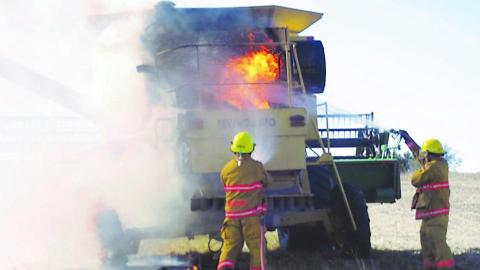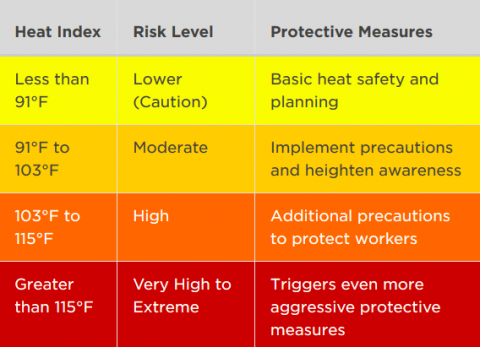This Week on N Field: Pesticide Glove Safety
April 18, 2023
Nebraska Extension Educator Amy Timmerman demonstrates why some of the most popular safety gloves on today's market don't provide enough protection for producers during agricultural applications.
2023 Tractor Safety Training for Teens Kicks Off in May
March 29, 2023
Two training locations and eight testing sites will be available to Nebraska teens seeking tractor and equipment safety certification.
Staying Safe During Harvest
September 21, 2022
Farmers and auto drivers must work together to ensure safe roadways for all this harvest season.
Preventing and Responding to Combine Fires
September 29, 2023
As crop residue starts the majority of combine fires, it's vital to clean equipment every day after harvesting, allow it to cool off before storing inside a machine shed, and avoid harvesting when conditions are at peak fire risk.
Tractor Safety Days Scheduled for Nebraska Teens this Summer
April 14, 2022
Two training locations and six testing locations will be available to Nebraska teens seeking tractor and equipment safety certification.
UNMC, Nebraska Extension Offer Tractor Safety Course to Teens
February 5, 2020
The most common cause of agricultural-related death in Nebraska is overturned tractors and all-terrain vehicles (ATVs). Employing anyone uncertified under age 16 is a liability risk for farmers if those children operate such equipment.
Practicing Fire Safety at Harvest
October 8, 2019
Stay safe from harvest equipment and field fires by maintaining equipment before you start, cleaning out embedded residue as you go, and making preparations to respond should a fire occur.
Beat the Heat, Prevent Exhaustion and Stroke
June 12, 2019
Knowing the signs of heat-related illness can be a lifesaver for those who work long hours outdoors. Learn to recognize the symptoms of heat stress and heat stroke and how to respond. Apps for your phone and computer can help identify the local heat index.
